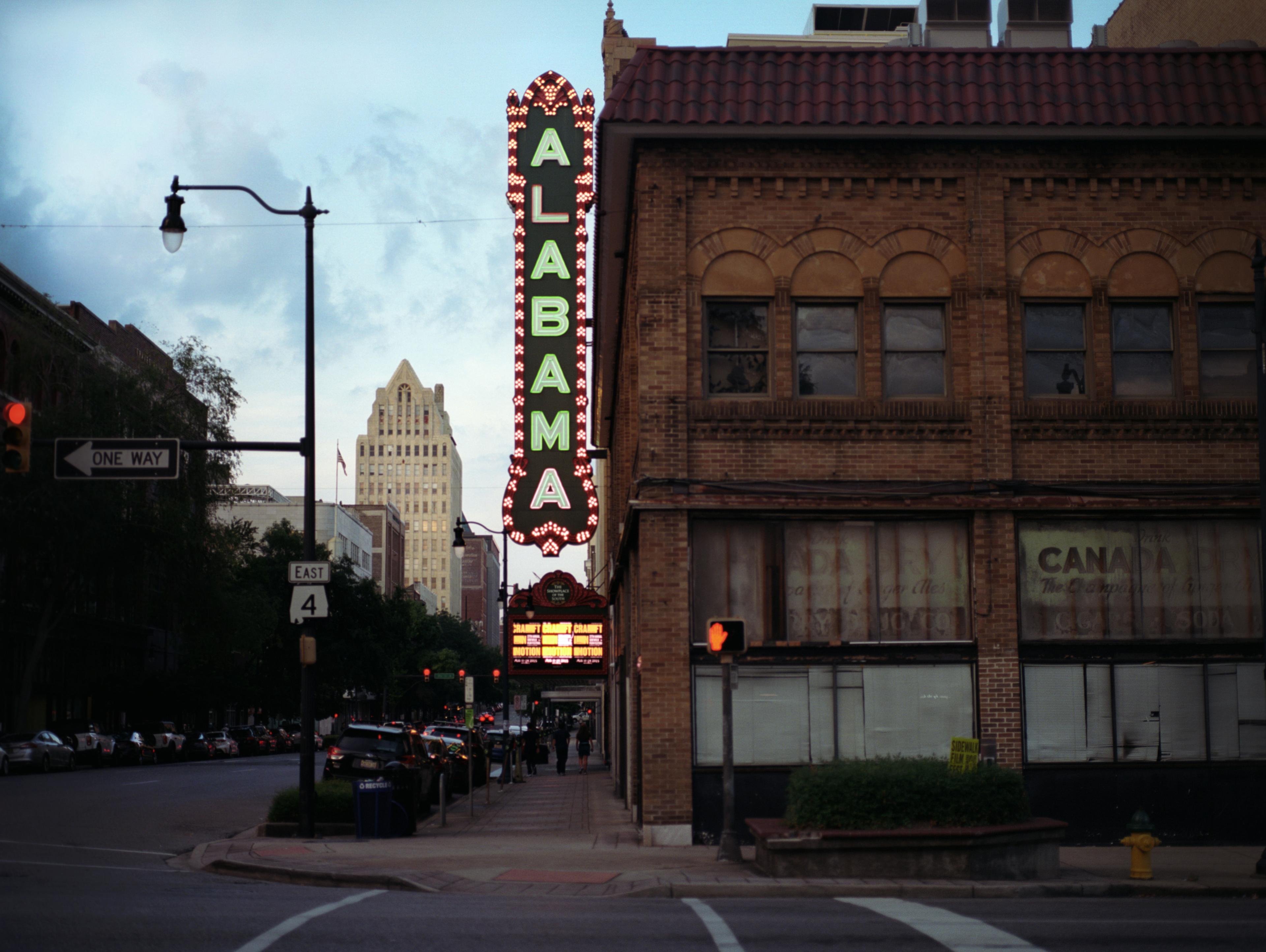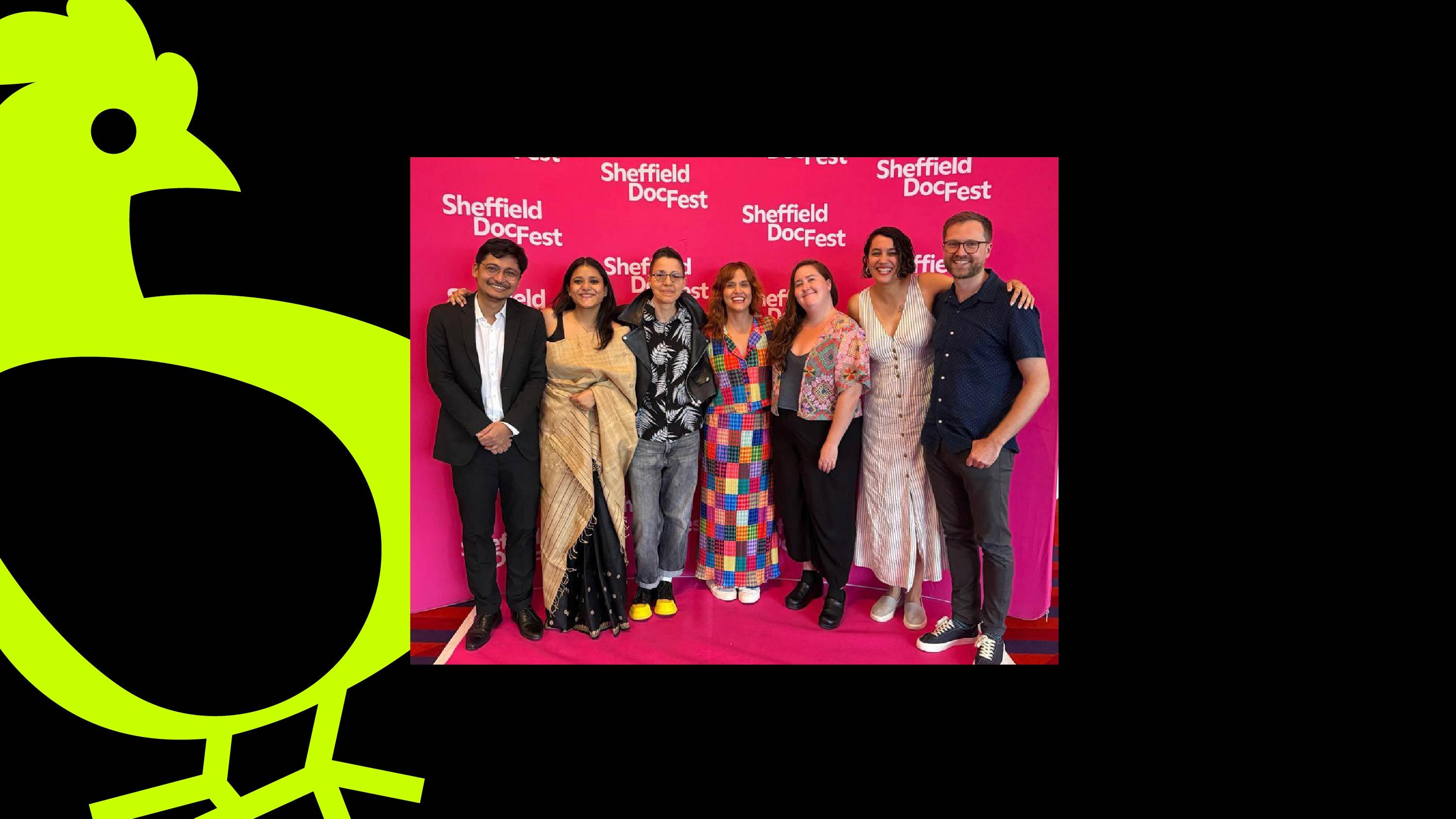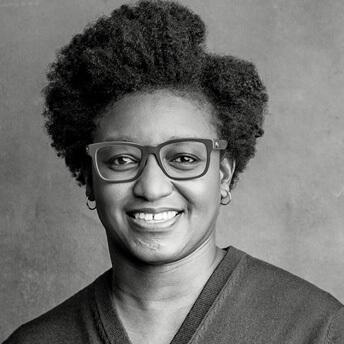
Our Communications Intern Amelia Ray attended the 27th edition of Sidewalk Film Festival in Birmingham, Alabama, this August. In a conversation with Communications Director Hannah Thomas, she shares what the festival means to her and the broader film community in the South as well as her experience catching two supported film screenings (Seeds and Baby Doe) while there.
HT: Hi Amelia! What brought you to Sidewalk this year?
AR: I’m from Birmingham, so Sidewalk is one of the most important film festivals to me. I was part of the festival’s youth program in high school and have enjoyed watching them build their cinema downtown and grow every year. Seeing that Baby Doe and Seeds were part of their program this year, I had to go catch these films on the big screen!
HT: What was most compelling to you about the Baby Doe and Seeds screenings and Q&As you attended?
Overall, both screenings were quite powerful experiences!
Baby Doe follows Gail Ritchey, a woman on trial for murder 20 years after she gave birth to a stillborn baby. It was followed by a Q&A with Jessica Earnshaw and two participants, Patty and Pastor Royce, from the church Gail attends. Audiences were eager to talk about their experiences living in the deep South and how they related to those of Gail and her community. It seemed that Baby Doe, while not rooted in the South, meant a lot to folks (including myself) who are familiar with the regressive religious environment in which that film takes place.
"Hollywood favors a much more flattened, sometimes punishing view of Southerners... Seeds is exactly the kind of film that expands the lexicon for talking about this region."
I also caught Seeds, which is one of the best pieces of Southern cinema that I have seen in recent years. I was thrilled to see it programmed this year because I knew that it would be resonant. Its lush portrait of rural Georgia affords dignity and beauty to Southerners and the landscape in a way that requires a precise lens—calling to mind landmark films like Harlan County, U.S.A and Hale County This Morning, This Evening. I think Southern audiences are really hungry for media that acknowledges their perspective—and venues that will show those stories! Too little attention is given to the ways the politics of the South harm the people living in it. Hollywood favors a much more flattened, sometimes punishing view of Southerners, painting them as monolithic and uneducated. Seeds is exactly the kind of film that expands the lexicon for talking about this region.
It made me proud to see C&E’s work out in the world filling important gaps in representation.
HT: It also sounds like there are specific perspectives and needs that are unique to taking on filmmaking in the South. What did you learn by being in community with Southern filmmakers and champions?
The South, like most rural regions in the country, is underfunded and underresourced in many areas, but particularly in the arts. Southern filmmakers often have to be scrappy and get creative to fund their projects. I attended a panel on funding Southern stories presented by the Southern Documentary Fund with AlumNest filmmaker Darcy McKinnon (Natchez) and Zac Manuel (Ghetto Children). The conversation centered on the challenges of funding in this cultural moment. While the general sentiment was bleak, the panelists emphasized the unique position that Southern filmmakers are in to meet this moment, being that we have never had as many resources as more populated or metropolitan regions of the country.
And speaking more broadly, funding that is accessible—meaning for example that it is open internationally, doesn’t require a polished product, has a low cost barrier—is also rare. I think that’s why programs that C&E runs like the Research & Development grant are so important.
"Panelists emphasized the unique position that Southern filmmakers are in to meet this moment, being that we have never had as many resources as more populated or metropolitan regions of the country."
HT: What can Chicken & Egg learn from the spirit and ethos of Sidewalk Festival?
Films might not change legislation, but they can create opportunities for community healing and we should leverage that as much as possible, especially in communities with long-fractured histories and less available public spaces and social services. There was not a dry eye during the post-screening discussion of Natchez, and I thought about how I’ve only had a handful of experiences like that and how incredible it would be to have them more often. Under the shadow of fascism and communal divisions, there is such a desperate need for healing in our communities, and the arts are a portal for that.

